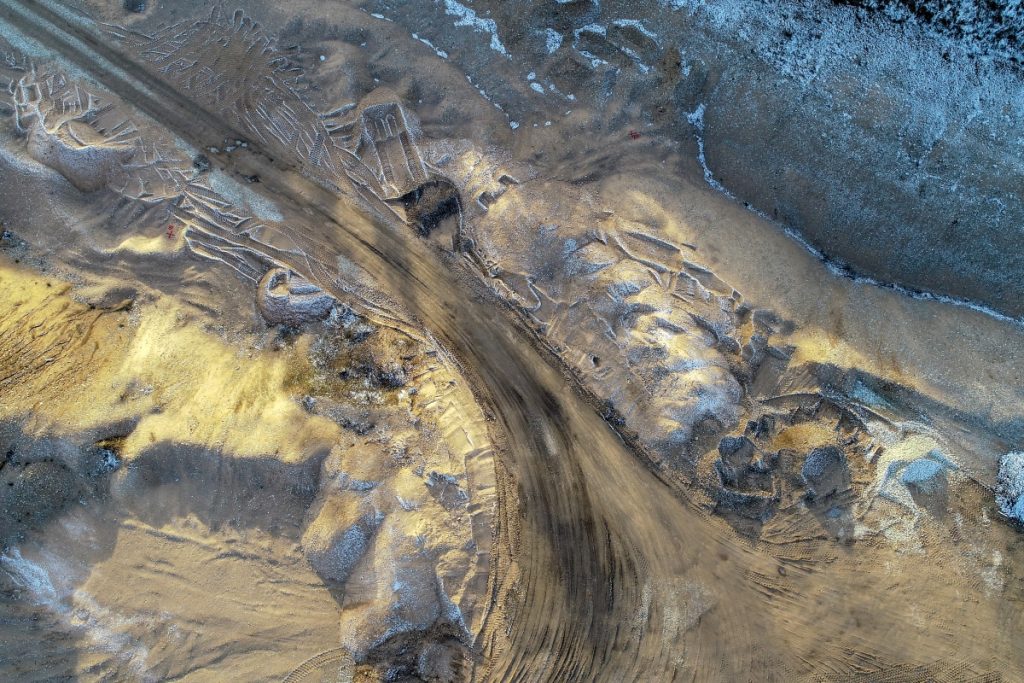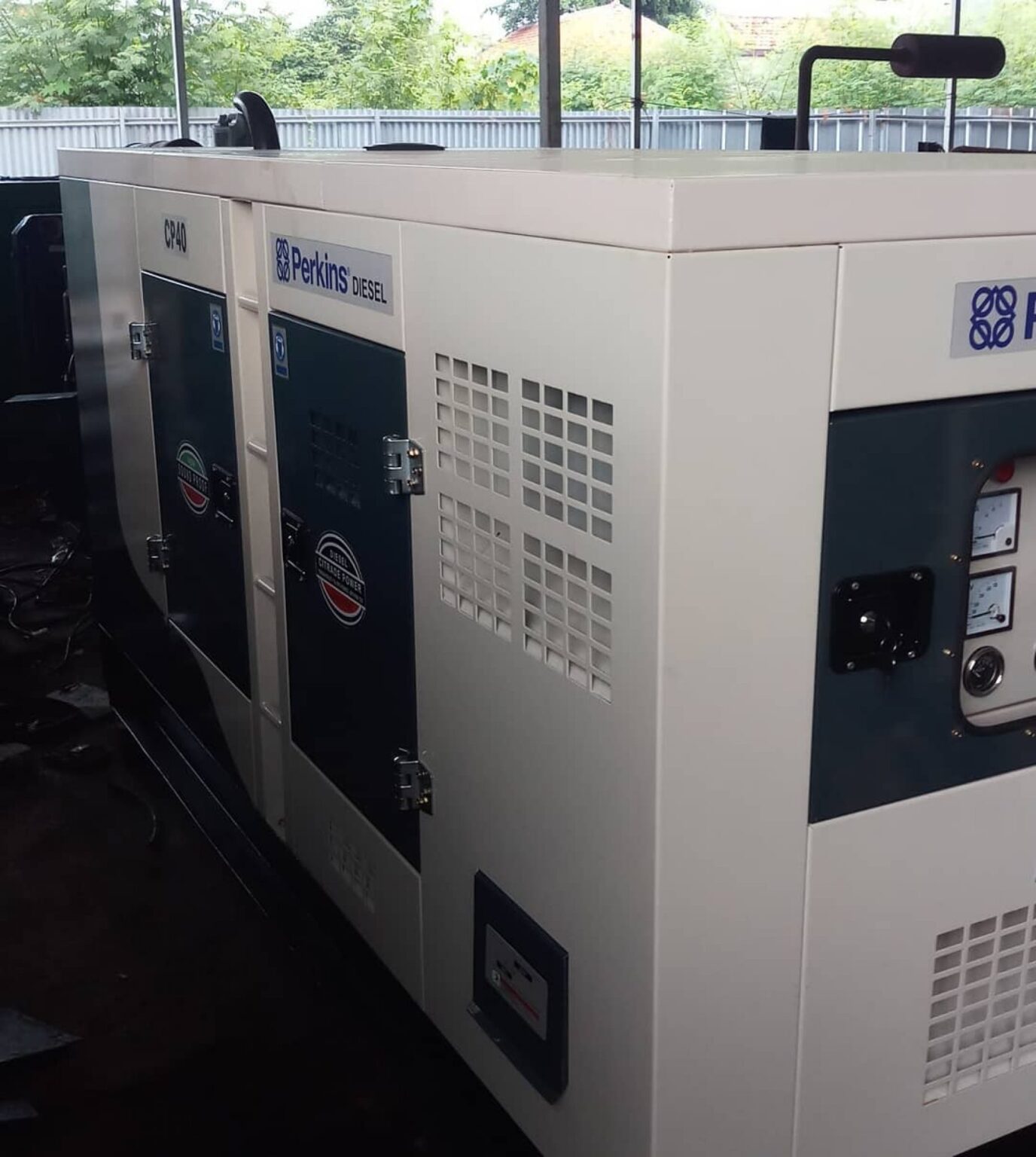Nigeria’s drive to revitalise its mining sector is drawing strong interest from global investors, under the President Tinubu administration advances reforms to tap into an estimated $700 billion in untapped mineral resources, according to diplomatic sources.
Last week, Nigeria launched a four-day mining investment roadshow in South Africa, seeking to attract $500 million in foreign investment for its solid minerals sector. The event, held at the Sandton Convention Centre in Johannesburg and organised by Nigeria’s High Commission in partnership with Rosebank Capital, attracted investors interested in Nigeria’s reserves of gold, tantalite, limestone, and lithium.
Several ambassadors from Western and African nations have reportedly sent diplomatic notes to their capitals, questioning why Chinese firms alone should benefit from Nigeria’s extensive solid mineral reserves. These diplomats cited the steady progress and substantial reforms in Nigeria’s mining sector over the past year.

Under the leadership of Minister of Solid Minerals Development Dele Alake, the reforms aim to reduce Nigeria’s dependence on oil and diversify the economy. President Tinubu has tasked Alake with spearheading this agenda, recognising his expertise and dedication to achieving impactful results. Alake encouraged South African investors and global mining companies at the roadshow to seize the expanding opportunities in Nigeria’s mining sector, which benefits from a more favourable business climate due to recent reforms.
The World Bank has also shown increased support for these reforms, aligning with its recommendations for economic diversification and stability by reducing Nigeria’s reliance on oil. Experts project that Nigeria’s mining sector could contribute as much as $25 billion to the nation’s GDP over the next decade, potentially creating over three million jobs.
The Federal Government views the solid minerals sector as a strategic path for economic diversification and a means to increase foreign earnings. President Tinubu’s appointment of Alake, a trusted ally, underscores his commitment to transforming this sector. Recent advancements, such as the launch of the Electronic Mining Cadastral System, have streamlined the licensing process through a fully digitised platform, making it easier for investors to apply for mining licences.
With these reforms and investment opportunities, Nigeria’s mining sector is positioned to become a leading driver of the nation’s economy. The country plans to create an environment where global mining giants like Glencore, Rio Tinto, Intro-Africa Mining & Exploration, and Rainbow Mines can recognise Nigeria’s vast mineral resources and collaborate to support national economic growth.


